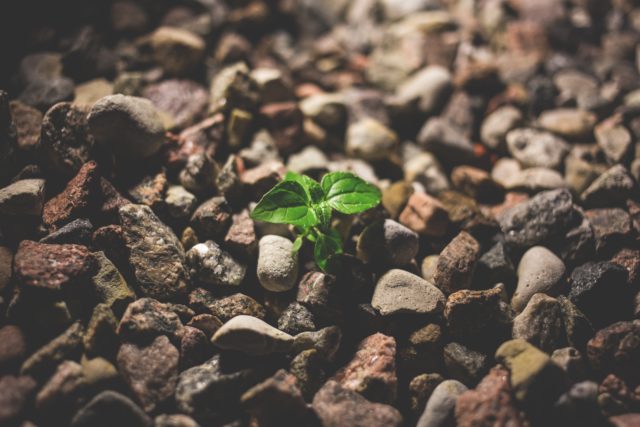
Core values are the guiding principles that dictate behavior and action. We have them in companies, sports, families, and even our relationships (romantic and otherwise).
Core values are usually written down in professional settings and are known to everyone involved. At Asian Efficiency, we have our core values that guide the entire team in how we operate. In my previous companies, they also had core values (some call them Operating Principles). Company core values matter to me since it shows what is important to the company.
What Are The Asian Efficiency Core Values?
Since I became part of Asian Efficiency in 2015, the company’s core values were already in place but the list evolved over the years. Despite the changes over the years, our company values remained true to its roots: giving the best experience to customers and making sure that the team is happy.
Let’s take a quick look at AE’s core values. If you want to know more, you can read this blog post or listen to this podcast episode.
1. Glow Green
Simply put, excelling at everything we do—not just at work but in our personal lives as well. It is the best version of ourselves as defined by us.
2. Pull Others Up
We cannot do everything on our own. So we need other people’s help, and at the same time, we should be there to help pull up others.
3. We Before Me
Everything we do at Asian Efficiency, we do as a team. It’s never about personal gain or agenda. It sounds cliche, but we win as one, and we lose as one.
4. Blow Their Minds
We want to “blow the minds” of our audience (customer, readers, listeners, members) by giving them a WOW experience. This core value drives us to always put out great quality products and content.
5. Kaizen
It means improvement. If it’s something we can improve on, we will improve it, even in small increments. For example, in every sprint, we always have a Kaizen issue in which we work on three things that we can improve on that sprint.
What Are Your Core Values?
Having core values in companies makes sense, right? You work with individuals with different personalities but having core values connects you to something you all share.
There are core values that are not written down but are equally important. You might not even think it’s a core value but would refer to it as something vital to yourself. For example, you value your time and other people’s time, so you are never late for any event or get-together. If you are, it only happens when you have no control over the situation.
You see this in families too—but it’s not often written down. For example, in my family, we value family time. Since this is important to us, we make time every week to be together as a family, even if we are all swamped. We do not have this written down somewhere but over time, we realized that this is very important to everyone in our family.
If you have not thought about your core values or want to do a check-in if the core values you have set for yourself before are still correct, read this post we have written.
Why Should You Have Your Own Core Values?
There are several reasons why you should have your own. Let me share my top 3 reasons.
1. Find your purpose
Your core values are essential in finding out what is most important for you. Your life’s purpose will be unraveled by knowing what values are important to you.
Part of finding your purpose is knowing who you truly are and who you are meant to be. In addition, it will help you with your career and family/personal plans. In the end, the goals you pursue will be in line with your purpose.
Your purpose is what makes you get out of your bed every day.
2. Make better decisions
Knowing your core values makes decision-making easier and helps you make better decisions.
Your values become your basis in making decisions. Therefore, your decisions will align themselves with what is important for you.
When you’re in a pinch, even though the decision you have to make is hard, you still make the right decision when you use your core values to guide you.
3. Build lasting relationships
Let’s be real. When it comes to personal relationships, when you don’t mesh with the other person, the relationship will not progress. I’m not only referring to romantic relationships but it’s the same with friendships too.
That’s why we have a circle of close friends, and then we have acquaintances. Even when you think that your close friends have different personalities than you, take a look further and you will notice that some of your values align.
In my circle, I am the sarcastic introvert clown. You’d think that the same type of people surrounds me but that’s not the case. We are a mesh of different personalities but connected through shared values. One such core value is love for family. My circle is 20+ years strong.
It is the same thing with romantic relationships. When you are not on the same page when it comes to your values, the relationship will not last or you will encounter a lot of issues. Just check out the /relationship sub in Reddit and you will realize that a lot of issues stem from couples not being aligned with their core values.
What To Do Next
If you do not know (yet) what your core values are, now is the best time to find out. Check out the following resources to help you:
How to Discover Your Mission, Values, Purpose, and Legacy in Life
How to Discover Your Own Core Values (TPS126)
10 Practical Tips for Identifying and Implementing Core Values With Your Family (TPS133)